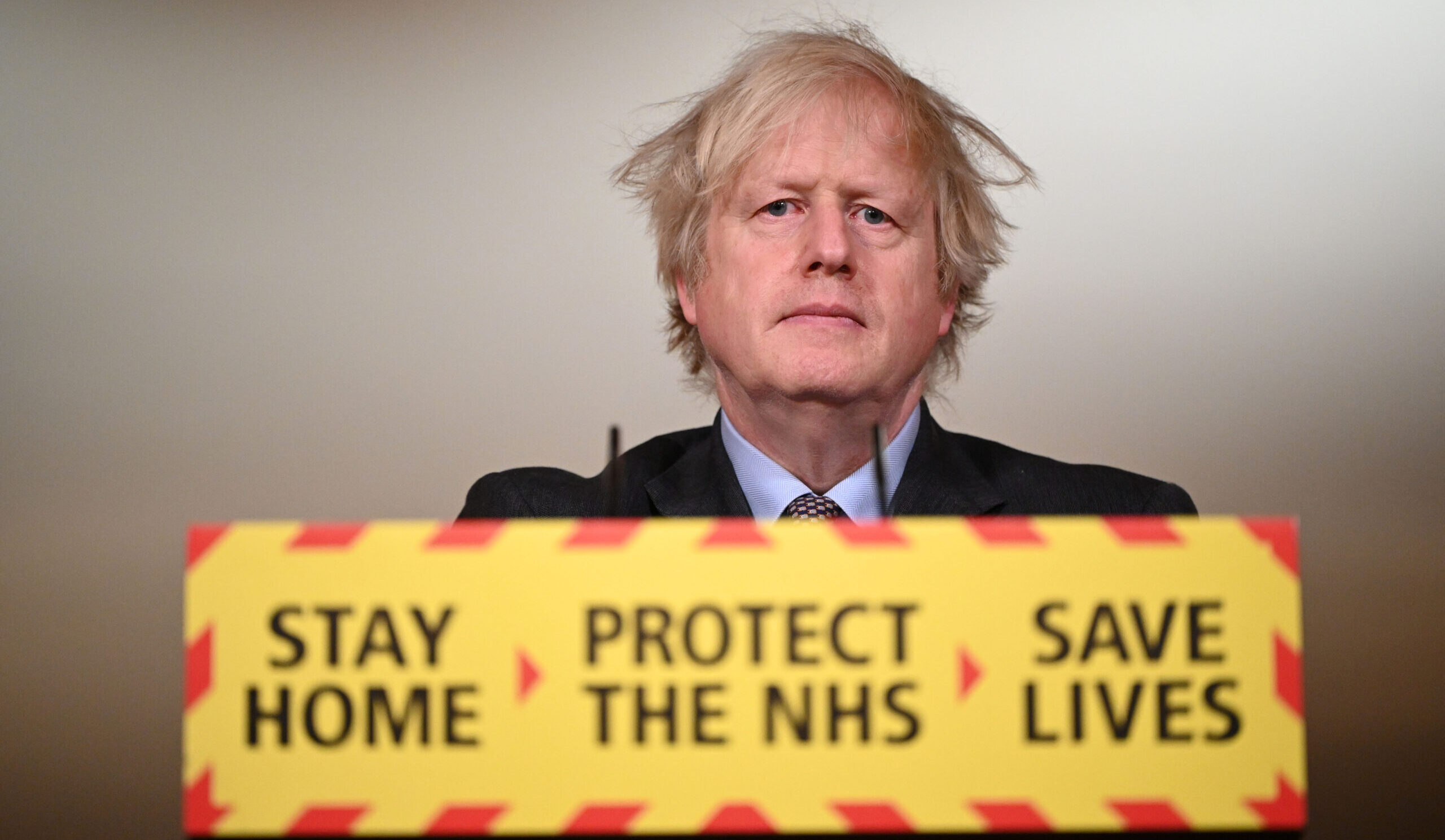The UK Covid inquiry heard extraordinary testimony this week from two of the chief architects of Covid lockdowns in Downing Street. Dominic Cummings, once Boris Johnson’s senior adviser, and Lee Cain, former director of communications at No. 10, provided a damning portrait of their former boss, with Cain claiming he was the “wrong prime minister” for the crisis.
A near-universal media narrative quickly emerged after the day’s political theatre, in outlets such as the Guardian, Independent and Financial Times. Namely, that Johnson’s toxic style of statecraft and chaotic indecision delayed much-needed lockdown measures in early 2020.
But behind the Boris-bashing, the testimony of Cummings and Cain should raise a critical, thus far neglected, question for the inquiry: what if Johnson’s political instincts to avoid lockdown were broadly correct — or, at least, the better of two bad options?
According to Cummings on Tuesday, the Government’s U-turn in March 2020 from mitigation (herd immunity) to suppression (lockdown) was implemented without a clear plan. While he argued that the entire British state, from Cobra to Sage to the Cabinet Office to ministers, was irredeemably incompetent (except for him, of course), he forgot to mention a key fact: lockdown was not in any Government pandemic plan — in the UK or even in official WHO guidelines.
Despite being the largest suspension of civil liberties since 1945, the inquiry appears most interested in why it was not implemented a few weeks earlier. More scrutiny should surely be placed on lockdown itself, the scientists and politicians who advocated for it and the collateral damage to society as a whole, not to mention the other alternatives available.
Both Cummings and Cain made plain that the decision to impose lockdown in 2020 was influenced by public opinion and fear. According to Cain, “the communications side drove a huge part of the Government machine during my entire time […] in Covid more than anything.”
Cain was a key architect of the “Stay at home, protect the NHS, save lives” campaign — one of the most successful in modern political history. In testimony this week, the only shortcoming he could find was that it “worked too well […] some behaviours were hard to move out of.” He dismissed the need for a greater focus on the most vulnerable, arguing that “this was about ensuring we had maximum compliance.”
In fact, we learned that media framing was instrumental in the mitigation-to-lockdown flip-flop. The public did not like the language of “herd immunity”, as the idea of “letting” a virus infect people seemed morally repulsive. And the modelling from Neil Ferguson and his colleagues played a pivotal role in discrediting the mitigation strategy, which up to that point was the Sage position. Johnson needed to “act”.
The then-Prime Minister was repeatedly concerned about the collateral damage of lockdown, but from March 2020 his aides clearly viewed other policies as, in the words of Cain, “morally and ethically a non-starter” and not something “a responsible government or a responsible PM would undertake”.
And yet we also learned how the lockdown experiment was itself chaotic. The decision, according to both Cummings and Cain, was undertaken on March 13, 2020, and took 10 days to implement. In this short period, a suppression plan had to be dreamed up, with the acknowledgement that it would be at least a year-long commitment. Asked about the plan for lockdown, Cummings stated the obvious: “that entire question [of how to address the harms of lockdown on society] was appallingly neglected by the entire planning system. There was definitely no plan, or even a plan to get a plan.”
Into this quagmire, those around Johnson sought to contain his lockdown concerns because they believed they were “following the science”. Yet the evidence about lockdown being effective for Covid was never as clear as many believe. In the autumn of 2020, when Johnson was curious about the Swedish approach and the Great Barrington Declaration, Cain again sought to redirect him, claiming that his concerns were “a position that conflicted with all the evidence available”.
Yet evidence about the harms of lockdown is growing daily, and so is public opinion. The Covid inquiry may soon become a laggard if it does not take more seriously what has become a taboo idea: perhaps Johnson’s political instinct to avoid lockdown was right.
The accusation that Johnson is a “trolley” is fair, but we could go further. His legacy will forever be linked with his removal from office because he could not follow his own Covid rules. With lockdown we could say this “libertarian” trolley not only tottered, but clearly fell off its track.










Join the discussion
Join like minded readers that support our journalism by becoming a paid subscriber
To join the discussion in the comments, become a paid subscriber.
Join like minded readers that support our journalism, read unlimited articles and enjoy other subscriber-only benefits.
Subscribe